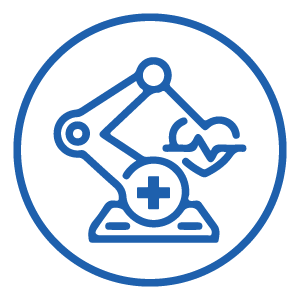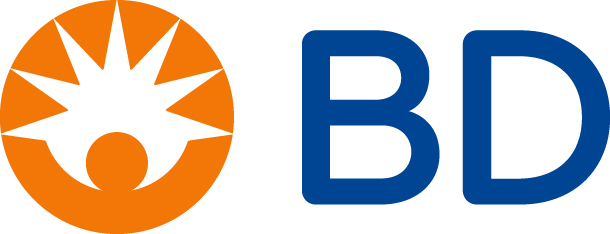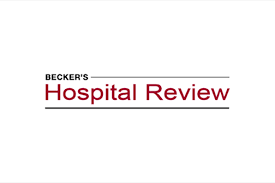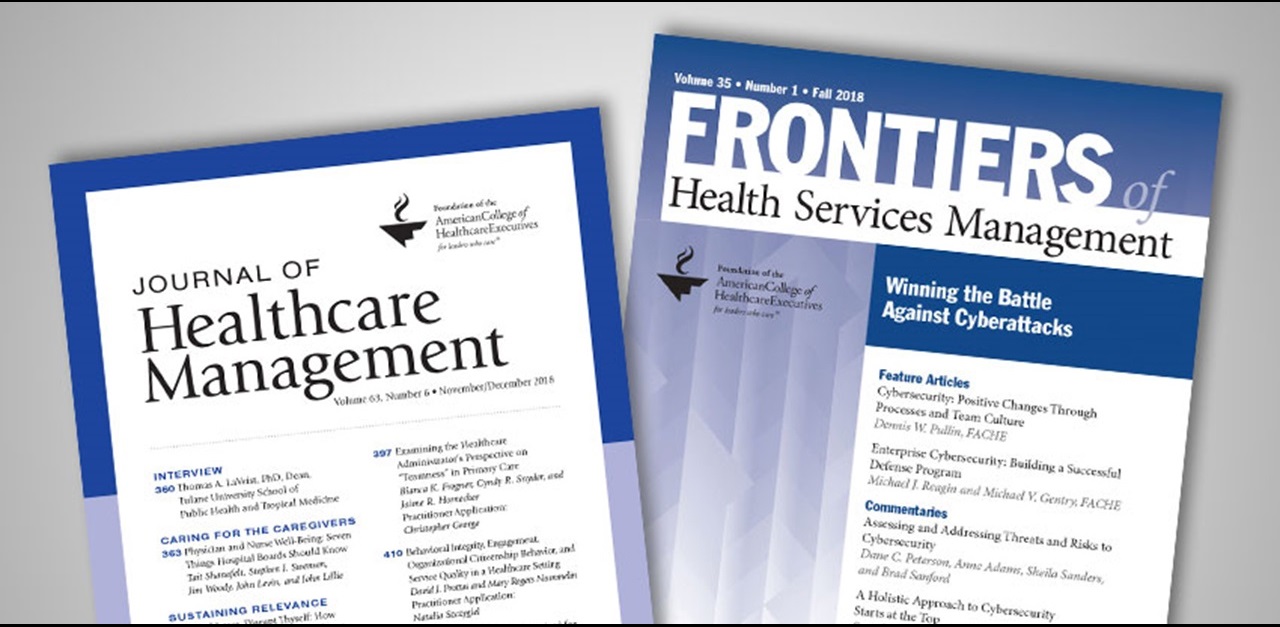 Supply Chain/Technology
Supply Chain/Technology
EPA rule to limit dangerous emissions from medical sterilization plants

Editor's Note The Environmental Protection Agency (EPA) has finalized a rule to reduce chloroprene and ethylene oxide emissions that will impact over 200 chemical plants across the nation, including medical sterilization plants, according to an April 10 report from USA Today. Under the new rule, the EPA will cut more…
Newly FDA-approved microsurgical system holds promise for training, new treatments

Editor's Note The US Food & Drug Administration (FDA) has granted De Novo authorization for marketing MMI North America Inc.’s Symani Surgical System, according to the agency’s April 9 roundup. The system employs a motion scaling function to scale down surgeons movements for procedures requiring small instruments and/or microscopes, such…
Researchers develop fast, accurate blood test for sepsis, septic shock

Editor's Note A new blood test developed by researchers in Australia could help diagnose sepsis and septic shock in just one hour, compared to the current multi-day methods. The Journal of Proteome Research reported the findings on March 21. Researchers collected blood plasma samples from 152 ICU patients. They used…
Patient survey: Excessive needlesticks during hospital visits impede workflow

Editor's Note A new survey finds that hospital patients receive more needlesticks than necessary, negatively impacting their experience and contributing to workflow issues. The survey was published March 27 by medical technology company BD and conducted by the Harris Poll. More than 1 in 10 (11%) of 2,006 surveyed adults, including…
Study: GLP weight loss, diabetes therapies boost GI endoscopy pneumonia risk

Editor's Note Gastrointestinal endoscopy could increase the risk of aspirational pneumonia in patients using GLP-1 receptor agonists (RAs) to manage weight or treat diabetes, according to an April 1 report from MedPage today. Citing research published in the journal Gastroenterology by a team led by Kevin Sheng-Kai Ma, DDS, of…
FDA approves new antibiotic for staph, other infections

Editor's Note The US Food and Drug administration approved Zevtera for treating Staphylococcus aureus bacteremia (SAB) bloodstream infections, which are often acquired in healthcare settings. In the April 3 announcement, the agency notes the new antibiotic Zevtera (ceftobiprole medocaril sodium for injection) is effective for SAB-infected patients with right-sided infective…
Hospitals curtail outpatient care, ramp up staffing in advance of solar eclipse

Editor's Note Monday’s solar eclipse has prompted hospitals in affected areas to implement precautionary measures in advance of an expected influx of visitors as well as potential communication and other difficulties, Becker’s Hospital Review reported April 2. Areas in the path of totality, which stretches from Central Texas to Northeastern…
Magnetic device controls nanorobots used in surgery

Editor's Note Scientists have found a new way to more precisely control tiny robots used in surgeries using an oscillating magnet. The findings were published in the journal npj Robotics (part of the Nature Portfolio) on March 28. Nanorobots capable of transporting drugs, performing surgical procedures, or taking tissue measurements…
ChatGPT, Mixtral AI systems show promise in detecting healthcare-associated infections

Editor's Note Based on the performance of two specific systems in detecting healthcare-associated infections (HAIs) in a recent study, artificial intelligence (AI) could help providers enhance surveillance, streamline tasks, and free staff to focus on patient care. Published March 14 in The American Journal of Infection Control, the study assessed…
Study deems EHR manipulation “elephant in the room” for OR scheduling accuracy

Editor's Note Reducing surgeon manipulation of electronic health record (EHR) OR scheduling systems can improve efficiency, save resources, and enhance service to patients, according to data published in the March/April issue of the Journal of Healthcare Management. Although predictive models using EHR and machine learning improve accuracy compared to traditional…

 Free Daily News
Free Daily News